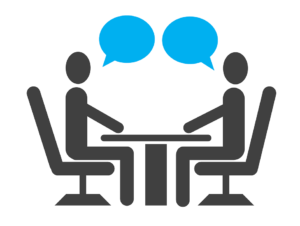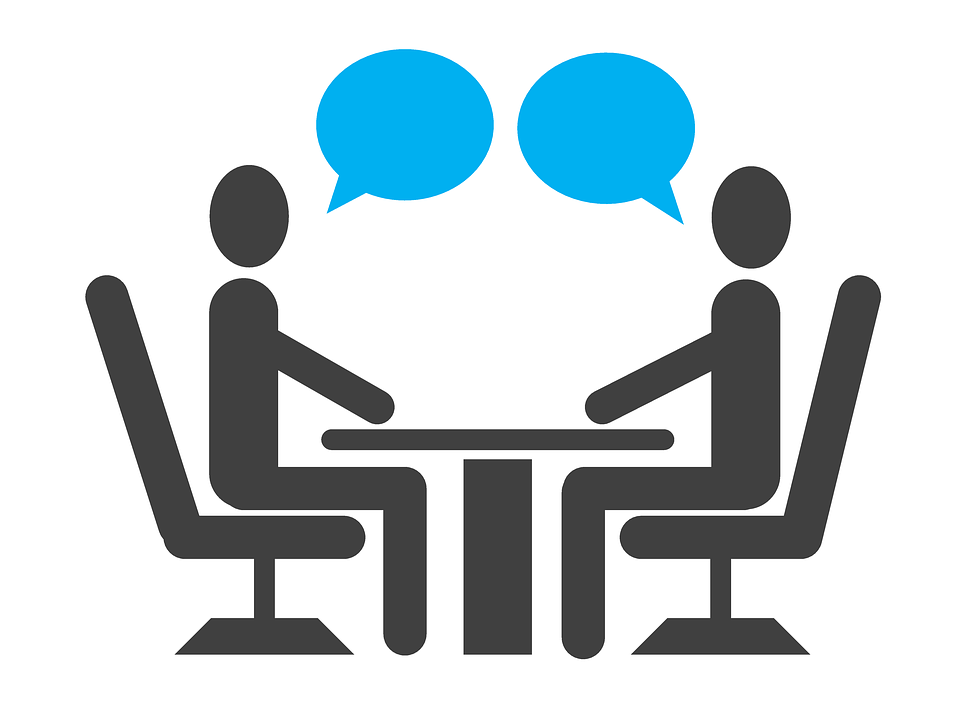Making the most out of a post doc interview
(Even when you don’t get/want the job!)

So you’ve just finished your PhD and sent out a frantic flurry of post doc applications, amidst all of the excitement, you’re invited to interview; how should you proceed? Below are some of the things I learned from my first post doc interview recently:
A couple of weeks ago I embarked on a new first for me; my first interview! I grant you that it is unusual to be having one’s first interview at the age of 26; I had worked, but never interviewed in the formal sense, with a panel of strangers. There seem to be three broad classes of post doctoral jobs advertised; a) those advertised by a particular lab, usually with a particular person, where you are interviewed directly with the person you are hoping to work for. b) Grants like IRC or the Wellcome trust where you write a proposal and often, while a panel reviews this, you never have to actually interview in person. c) The kind I’ve just done; where a centre or department gets money and so you are interviewed by a panel from the department (and university in general sometimes), but not by the person you are applying to work with. With some trepidation I accepted the interview. I wasn’t sure at this stage that I actually wanted the position if offered but decided to take the opportunity to interview for experience alone at any rate. Here are some of the things that I learned and would advise (though remember, this is an n=1!):
Before the interview:
- If the position is somewhere that you need to fly/travel to, arrive a day early if you can. This will relieve some of the stress of any travel delays and help get you in the zone
- If the person you would be working with is not actually going to be on the panel try to arrange a meeting with them before the interview (day before if possible). This gives you the chance to meet if you haven’t done so before but also get their opinion as to the position. I got lots of great tips when I did this about what the panel may be looking for but also some valuable insights.
- Tying in with the above, if you can visit the building it is going to be in beforehand, particularly a university, it really helps to get a feel of the place, the workspace and see whether this is somewhere you would enjoy spending your time.
- Meet the other candidates! I know that this is perhaps a little controversial and may not work for everyone, but I ended up meeting some of the other candidates going for the job while I was there and found it really useful for a few reasons. Firstly, and mainly, it helps to remind you that these are people too, also nervous, which certainly made me feel more comfortable, knowing others were in the same boat. The other big reason is that it enables you to meet people at a similar stage and potentially with similar interests to you, which is always nice!
- Try not to fret too much about whether you want the job until/if you’re offered it! This is something I really struggle with but the truth it, you owe it to them to give a good interview, particularly if they are paying for you to come over, but after that, then it is entirely up to you and you can pick and choose. It is you that you have to put first and if that means that after all you don’t want the job, that’s ok!
- Do your research! It certainly helps if you already have a connection to the place but doing some research on both the department and the people in close proximity; who work on something similar or complimentary to what you are proposing. It helps for this to think outside the box too; I referenced a Prof in Physics even though this was a biology post.
- Chat to the admin staff, it is usually they who have gone to the effort of timetabling the whole affair and booking rooms for you, so make sure to thank them and also ask what it’s like to work there. They have nothing to gain/lose in this so they will be very honest!
During the interview:
- Be friendly! Whatever the outcome of the interview or your decision, these are potential future collaborators and leaving a good impression will mean a lot.
- Take a moment to respond to questions. A moment considering your response can come across more confident than leaping into an answer before they have finished asking.
- I was always taught that in a conference presentation, when asked a question, to answer the room rather than just the questioner. Certainly make them your primary contact but being sure to address the room as well. I think this works for interviews too, ensuring to engage the whole panel in your answers, I think this speaks to your communication skills and also just generally keeps everyone together.
- Name drop to wazoo! Talk about the people in the department or School that you might work with or seek advice from, talk about other people already in your network that might not be in theirs and how you might get them to contribute for seminars etc.
- Where will you be in 5 years? The dreaded question! Be honest here; in my case I had just submitted my PhD corrections the week before (a point one of the panel chuckled at during the interview…), so I did not have the grandiose expectation that I would be in a faculty position running my own lab in five years time, and I said as much. I think this can quickly be turned into a positive saying that this is an exciting time where you can see what you like and build up skills so that in five years you might have in mind the research themes that you want to develop for when you are going to look for a faculty post.
- After the interviews there was what I described to myself as an “awkward mingle lunch”, where members of the faculty and candidates had the chance to mingle over muffins. At first I thought this was a terrible idea and was tempted to run away but actually it turned out to be really fun. Everybody was more relaxed and you could get a little insight into the social atmosphere of the place, see if you think you’d be a good fit.
Good luck!
Ps. I did get offered the post and decided to take it!
Author: Dr Deirdre McClean (@deirdremcclean1)

